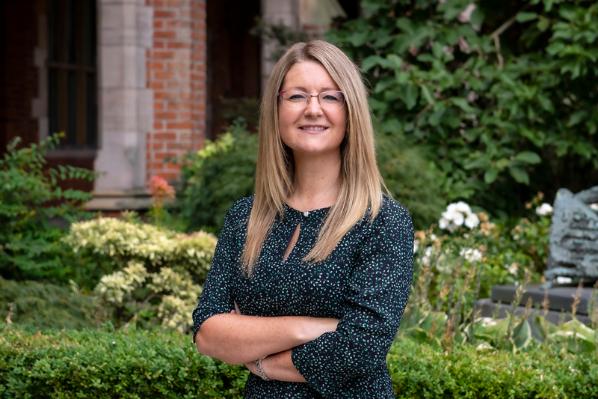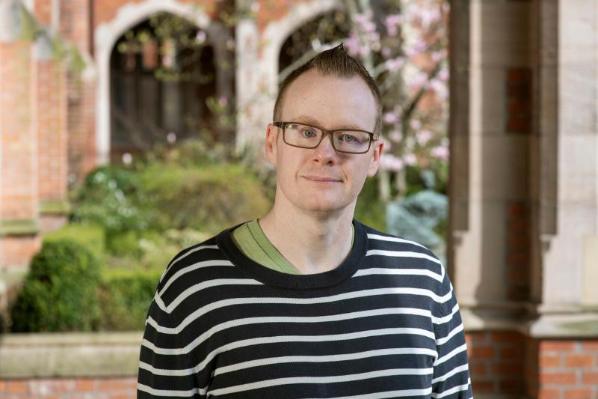Health, Welfare & Clinical Psychology
This theme has 3 main research areas, Trauma, Clinical Health Psychology and Animal Welfare and Behaviour.
Trauma research focuses on understanding precursors to PTSD, psychometric assessment as well as evidenced-based treatments. Clinical Health Psychology focuses on the development and evaluation of interventions to reduce the psychological sequelae of physical health conditions (cancer, chronic pain, asthma, IBD) as well as disease prevention through encouraging lifestyle change (e.g. diet/oral hygiene).
The School has a long history of research in psychological well-being / quality of life among people with physical health conditions, and their formal and informal carers. This research includes modelling work exploring the factors that are related to quality of life, and the development and evaluation of interventions designed to enhance quality of life. There is also a related methodological strand that explores our approaches to assessing quality of life and the meaning of this concept in different populations. The Centre for Improving Health Related Quality of Life (CIHRQoL) examines treatments for health conditions including chronic pain, cancer, heart disease, and alcohol, opioid and other drug use; explores the impact of these conditions on quality of life and mental health; and studies preventative health behaviour change strategies. The Centre for Stress, Trauma and Related Conditions (STARC) focuses on the impact of stressful and traumatic life events on psychological wellbeing and mental health.
The Animal Behaviour and Welfare group has been actively involved in studies aimed at improving the psychological well-being of animals for nearly 3 decades. The efficacy of a host of innovative enrichments for captive animals has been empirically examined, ranging from toys, social contact and feeding devices to more adventurous forms of sensory stimulation.























